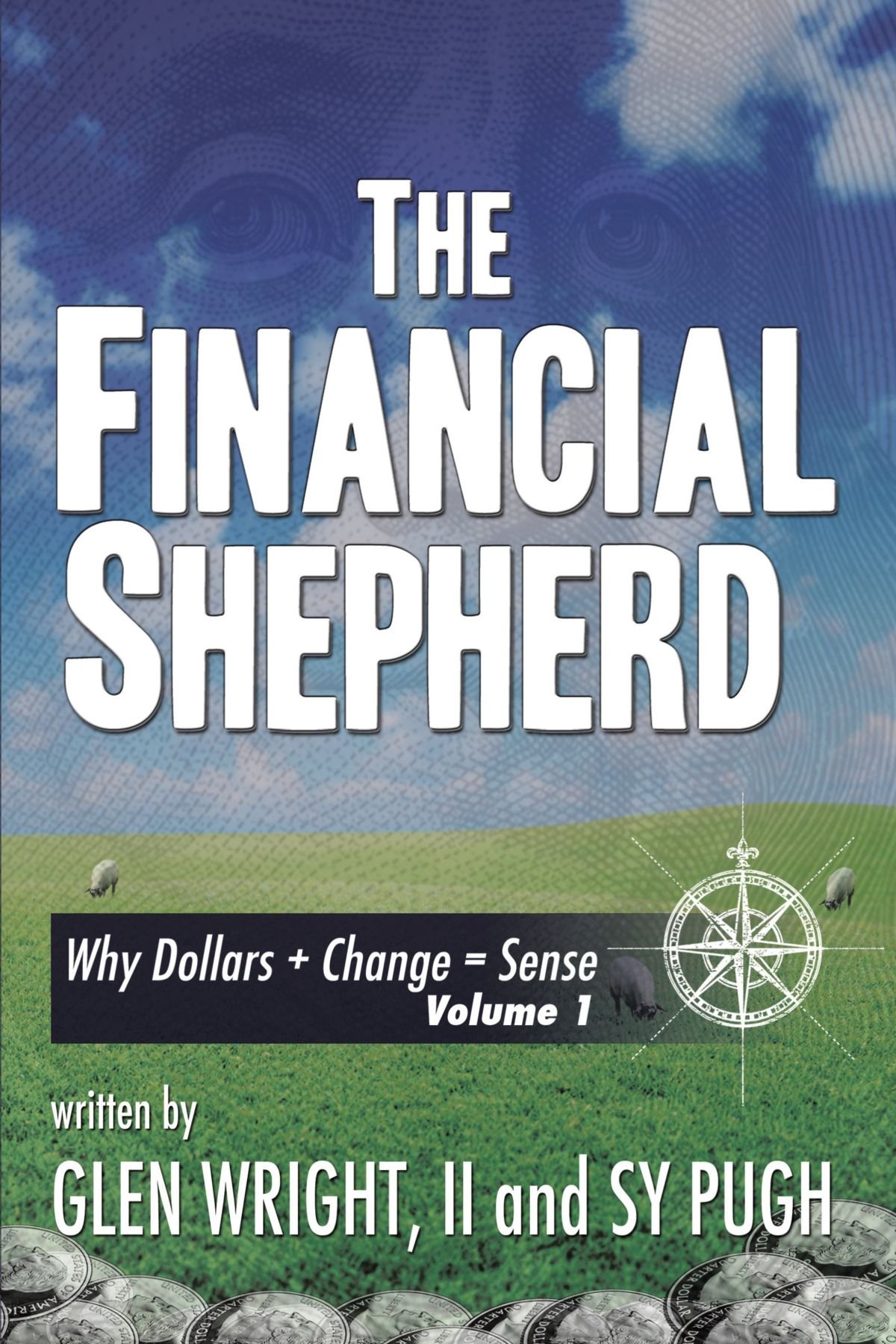Excerpt Adapted From: The Financial Shepherd®–
Why Dollars + Change = Sense by Glen Wright and Sy Pugh
Years ago, retirement was almost considered a time to die. Now it is considered the optimal time to live – and for much longer. According to the National Center of Health Statistics (2007 report), a child born in 1900 had a life span of 47.3 years versus a contemporary child born in 2007 now has an expected lifespan of 77.9 years. Therefore, many people in professional careers will live just as long in retirement as they did in the workforce. The question is: How will they survive?
Word to the wise, retirement should be a major consideration from the first day you enter the workforce—or as one colleague says—begin with the end in mind. In mapping out a strategy for retirement planning, be sure to ask (and answer) the following questions in conjunction with a financial planner who’s qualified to advise you on various options for long-term retirement investment plans:
- When do I want to retire?
- What does retirement mean to me (full-time travel and leisure, part-time work, full-time volunteer/service/missions, etc.)
- How much money do I need to fund my ideal retirement?
- How will I pay for retirement?
- How will I cover health care expenses or unexpected medical costs?
- What is my lifestyle going to be like; will I increase or decrease my standard of living?
- Where do I want to live? e.g. closer to family, in a warmer climate, or near specialty medical centers?
- Do I want to keep my home, purchase my dream home, or downsize to something smaller and more economically feasible?
- How would I like to manage the estate planning process to bequeath my possessions after I die?
- What professionals do I have in place that can assist me with retirement and estate planning to accomplish my long-term financial goals?
As you think about how to answer these questions, keep in mind that there are three primary ways to pay for retirement:
- Employer-based plans (retirement savings plans, company matching retirement funds, etc.)
- Government-based plans (Social Security)
- Personal plans (independent wealth, residual income, inheritance, etc.)







